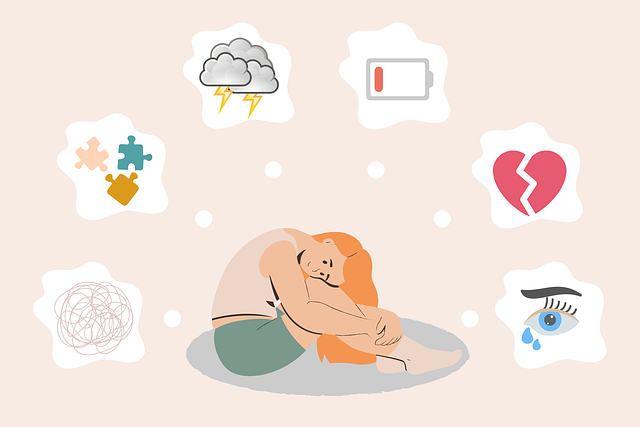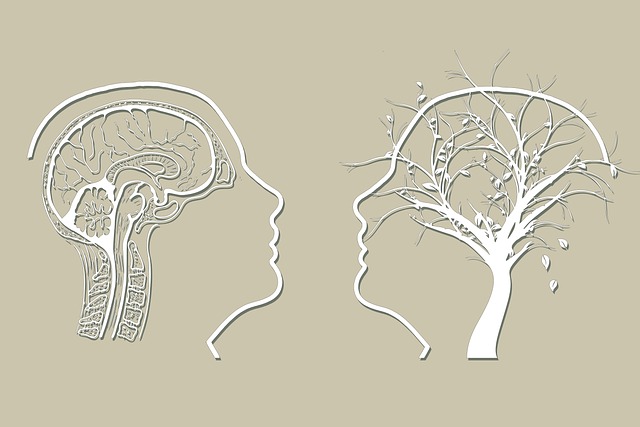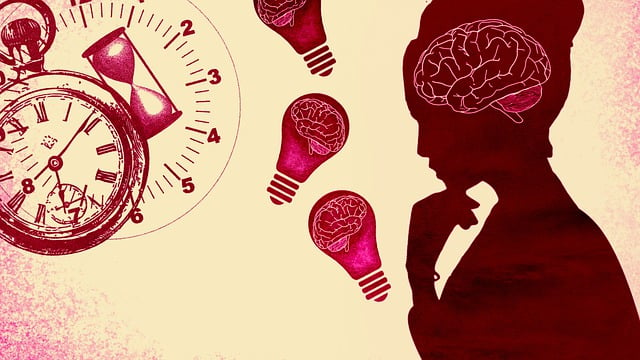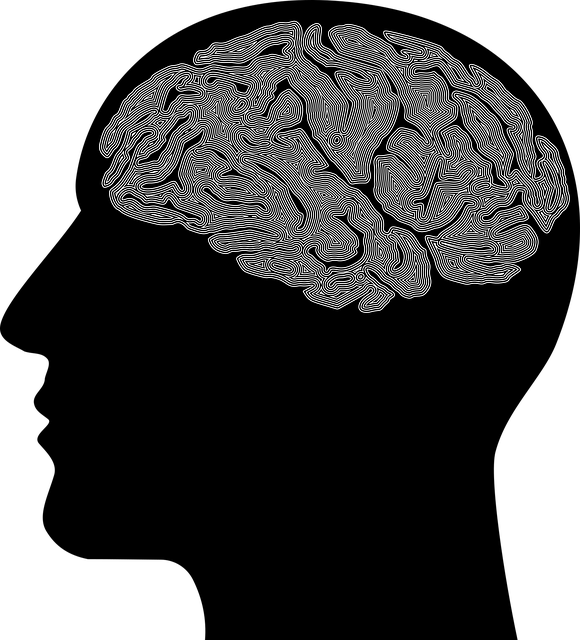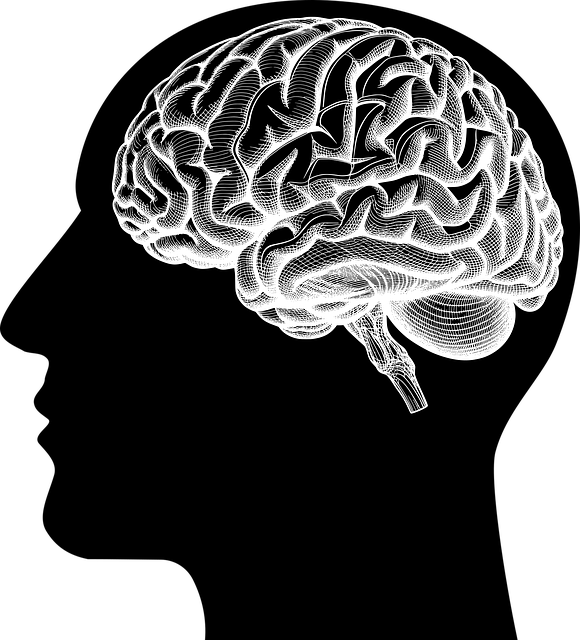Broomfield Mental Health Evaluations Therapy prioritizes cultural sensitivity as a key strategy to deliver effective care for diverse communities. By understanding and respecting unique cultural perspectives, values, and beliefs, they create inclusive environments that encourage open communication and trust. This approach leads to personalized diagnoses and treatment plans, improving mental well-being for all patients. Through culturally competent practices, including language accessibility, integration of traditional cultures, and continuous training, Broomfield Mental Health Evaluations bridge the gap between diverse communities and mental healthcare services, ultimately enhancing care quality.
Cultural sensitivity is a cornerstone of effective mental healthcare, ensuring that services are accessible and tailored to diverse populations. This article explores the importance of cultural competence in the field, focusing on strategies for providers. We delve into case studies like Broomfield Mental Health Evaluations, which adapt practices for various communities. Key topics include incorporating cultural insights in therapy sessions, overcoming barriers, and providing inclusive care. By understanding these aspects, mental health professionals can offer more effective support to all clients.
- Understanding Cultural Sensitivity: A Cornerstone of Effective Mental Healthcare
- Broomfield Mental Health Evaluations: Adapting Practices for Diverse Populations
- Incorporating Cultural Competence in Therapy Sessions: Strategies and Techniques
- Navigating Challenges: Overcoming Barriers to Provide Inclusive Care
Understanding Cultural Sensitivity: A Cornerstone of Effective Mental Healthcare

Understanding cultural sensitivity is a cornerstone of effective mental healthcare, especially when addressing diverse communities like those in Broomfield Mental Health Evaluations and Therapy settings. Cultural sensitivity goes beyond simply being aware of different customs and traditions; it involves actively recognizing and respecting the unique perspectives, values, and beliefs that shape individuals’ experiences of mental illness. In a society where mental illness stigma reduction efforts are more crucial than ever, culturally sensitive practices can significantly impact patient outcomes.
By incorporating approaches like Social Skills Training and Positive Thinking into therapy sessions, healthcare providers create inclusive environments that foster open communication and trust. This, in turn, enables individuals from various cultural backgrounds to express their concerns, fears, and hopes freely. Ultimately, these efforts contribute to more accurate diagnoses, personalized treatment plans, and improved overall mental well-being for all patients, regardless of their cultural identity.
Broomfield Mental Health Evaluations: Adapting Practices for Diverse Populations

Broomfield Mental Health Evaluations aim to bridge the gap between diverse populations and mental healthcare services by integrating cultural sensitivity. Recognizing that individuals from various ethnic, racial, and cultural backgrounds may have unique psychological needs and expressions of distress, these evaluations adapt traditional therapy practices. By incorporating self-care practices and self-awareness exercises tailored to specific communities, mental health professionals can create a more inclusive environment. This approach ensures that Broomfield Mental Health Evaluations are not just culturally sensitive but also effective in addressing the specific challenges faced by diverse populations, ultimately enhancing the quality of care provided.
Incorporating Cultural Competence in Therapy Sessions: Strategies and Techniques

Incorporating cultural competence into therapy sessions is essential for effective mental healthcare, especially when working with diverse populations in Broomfield Mental Health Evaluations Therapy. Therapists can foster an inclusive environment by understanding and respecting clients’ cultural backgrounds, beliefs, and values. This involves actively listening to patients’ stories and experiences without judgment, allowing them to express themselves freely. By creating a safe and non-threatening space, therapists encourage open communication, which is crucial for building trust and rapport.
Strategic techniques include utilizing culturally sensitive assessment tools tailored to diverse communities, ensuring accessibility and availability of resources in multiple languages, and integrating elements of clients’ traditional cultures or faith practices into therapy when appropriate. Additionally, therapists can enhance their cultural competence through continuous education, participating in diversity training, and staying updated on the latest research in cultural psychology. These approaches not only improve patient outcomes but also promote mental wellness, emotional regulation, and resilience building for individuals from various cultural backgrounds.
Navigating Challenges: Overcoming Barriers to Provide Inclusive Care

Navigating the complex landscape of cultural sensitivity in mental healthcare requires a nuanced approach to overcome barriers and provide inclusive care. Broomfield Mental Health Evaluations and Therapy, for instance, must be equipped to address the unique needs of diverse patient populations, ensuring that all individuals feel valued and understood. One significant challenge lies in the potential language and cultural differences between providers and clients, which can hinder effective communication. Overcoming this requires a dedicated effort to offer multilingual resources, interpretative services, and culturally tailored therapy options.
Furthermore, healthcare provider cultural competency training plays a pivotal role in enhancing the ability to deliver empathetic care. By equipping professionals with the knowledge and skills to recognize and appreciate diverse cultural practices and beliefs, they can create safer, more welcoming environments. Encouraging providers to integrate mindfulness meditation techniques into their practice can also foster better self-care routine development for both them and their patients, ultimately improving overall mental health outcomes.
Cultural sensitivity is a vital aspect of mental healthcare, ensuring inclusive and effective treatment for all. As highlighted in this article, understanding cultural nuances, adapting practices like Broomfield Mental Health Evaluations, and incorporating cultural competence into therapy sessions are key strategies to provide quality care. By overcoming barriers and embracing diverse perspectives, mental health professionals can create a more welcoming environment, fostering better engagement and outcomes for clients from various backgrounds. These efforts not only strengthen the practice of therapy but also contribute to a more equitable mental healthcare system.

